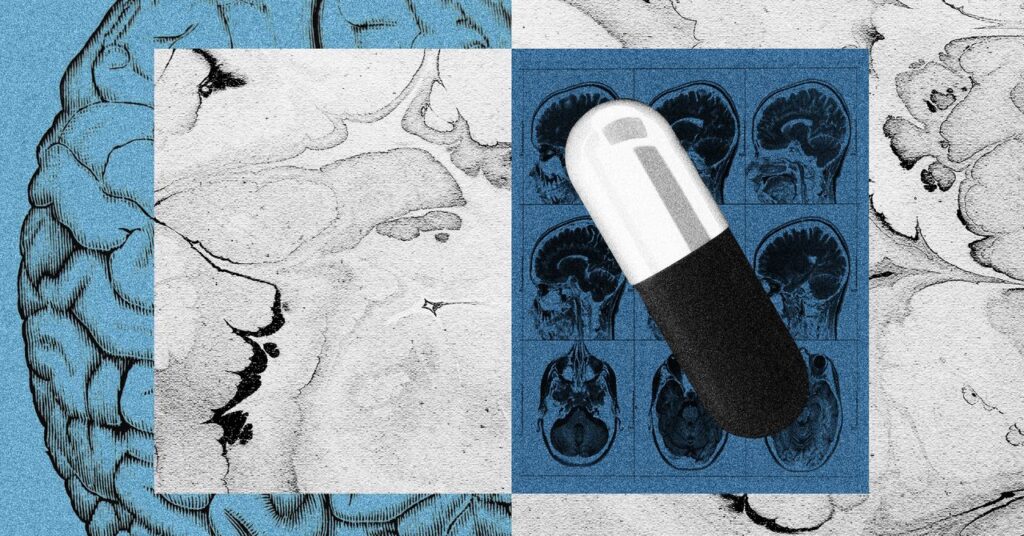A Startup Harnesses AI to Create a Psychedelic Experience Without the Journey

Although there is increasing evidence that psychedelic substances can successfully address severe mental health issues, particularly when conventional treatments have been ineffective, they also present certain drawbacks.
The hallucinogenic properties can be intimidating and overwhelming, with sessions lasting several hours. Effective treatment is heavily dependent on the participant’s mindset going into a session and the setting in which the treatment occurs. Additionally, while uncommon, psychedelics can occasionally exacerbate pre-existing mental health conditions.
Mindstate Design Labs is one of several new companies focused on creating safer psychedelics by eliminating the traditional “trip” experience. The company is leveraging AI to develop psychedelically inspired drugs that generate specific mental states without the hallucinations, and their initial compound appears promising.
“We developed the least psychedelic psychedelic that’s psychoactive,” states CEO Dillan DiNardo. “It is indeed psychoactive, but it does not involve hallucinations.”
Founded in 2021 and supported by Y Combinator alongside founders from OpenAI, Neuralink, Instacart, Coinbase, and Twitch, Mindstate has constructed a framework of AI models that correlate biochemical data from various psychoactive drugs with over 70,000 “trip reports” gathered from diverse sources, including clinical trial datasets, drug forums, social media, Reddit, and even the dark web.
The platform’s examination of how psychedelics elicit different effects resulted in the creation of its first drug candidate, MSD-001, a proprietary oral version of 5-MeO-MiPT, commonly referred to as moxy. Phase I trial results shared with WIRED indicated that the drug was safe and well-tolerated across five different dosages in 47 healthy participants. It also produced psychoactive effects without triggering a disorienting trip, validating the efficacy of their AI platform.
While participants noted heightened emotions, associative thinking, improved imagination, and perceptual effects such as brighter colors, they did not encounter hallucinations, feelings of self-dissolution, oceanic boundlessness, or other typical characteristics of a psychedelic experience.
The company utilized validated scales from psychedelic research to measure the drug’s effects and posed subjective questions to participants, such as “Are you happy?” and “Are you sad?” Researchers also monitored the volunteers’ eye movements and stability, conducting brain imaging before, during, and after the psychoactive effects. This brain imaging data allowed the company to demonstrate that the drug elicited many of the same brain-wave patterns connected with psilocybin and other first-generation psychedelics. “The drug is entering the brain and functioning as we intended,” DiNardo remarks.
Psychoactive effects were observed to initiate approximately 30 minutes after administration, with peak intensity reached around one and a half to two hours later. The company reported no serious adverse effects.
The trial, conducted at the Centre for Human Drug Research in the Netherlands, included a combination of individuals with prior psychedelic experience and those without.
Mindstate’s methodology is grounded in the belief that a psychedelic “trip” may not be essential for therapeutic gains. Psychedelics impact the brain’s serotonin system, enhancing neuroplasticity, which involves the growth of neurons and the establishment of new neural connections. Some researchers propose that this capability to stimulate neuroplasticity, rather than the hallucinogenic elements, is crucial for effectively treating mental illnesses.
